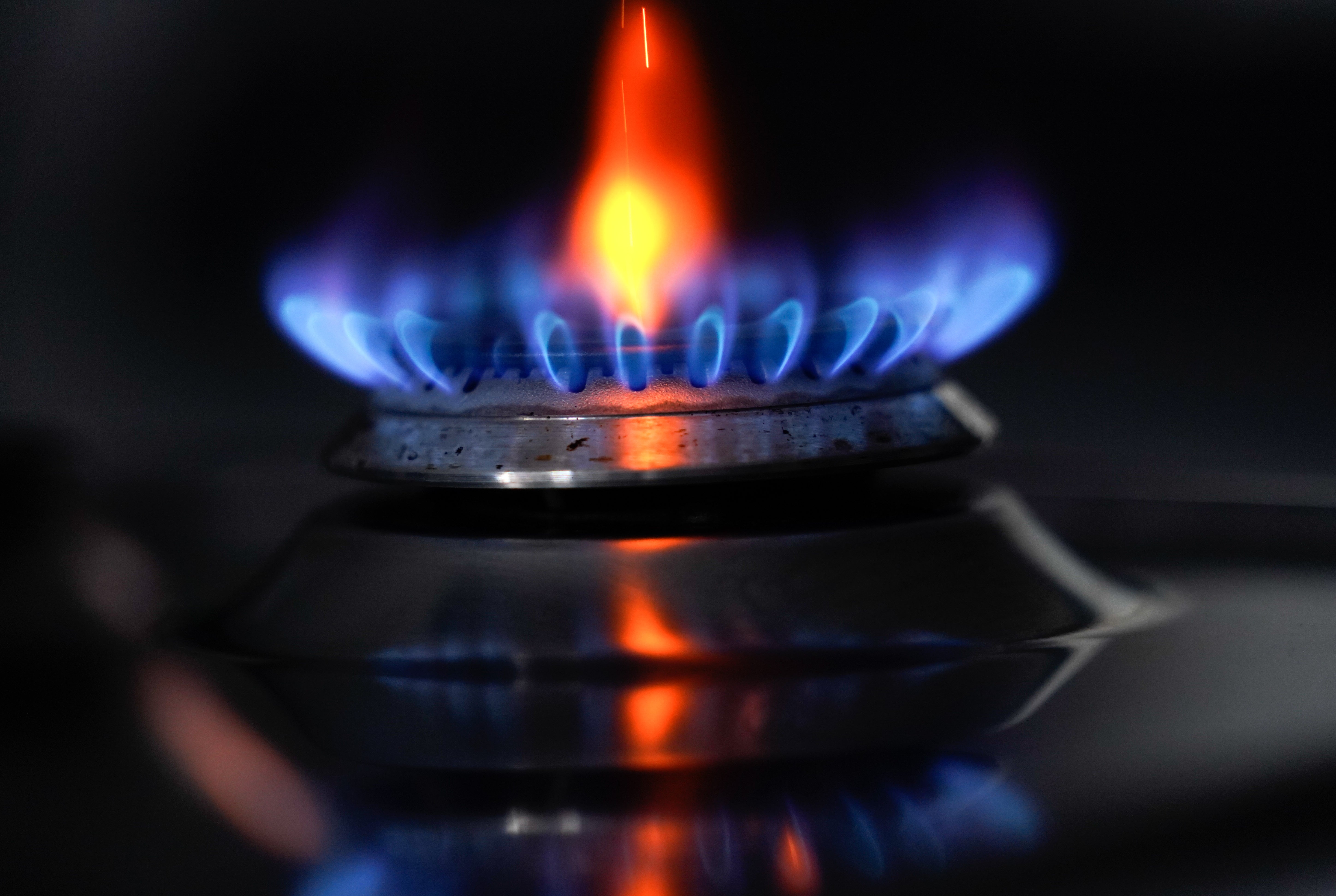Sanctions: How much does the UK trade with Russia?
Data from the Office for National Statistics show that nearly a quarter of refined oil imports come from Russia.

Your support helps us to tell the story
From reproductive rights to climate change to Big Tech, The Independent is on the ground when the story is developing. Whether it's investigating the financials of Elon Musk's pro-Trump PAC or producing our latest documentary, 'The A Word', which shines a light on the American women fighting for reproductive rights, we know how important it is to parse out the facts from the messaging.
At such a critical moment in US history, we need reporters on the ground. Your donation allows us to keep sending journalists to speak to both sides of the story.
The Independent is trusted by Americans across the entire political spectrum. And unlike many other quality news outlets, we choose not to lock Americans out of our reporting and analysis with paywalls. We believe quality journalism should be available to everyone, paid for by those who can afford it.
Your support makes all the difference.The UK gets only a small proportion of its imports from Russia, but the country supplies nearly a quarter of some crucial products.
Data compiled by the Office for National Statistics shows that just 2.2% of the goods imported to the UK come from Russia.
Last year, the UK imported about £10.3 billion in goods from the country, more than half of which was fuel.
Russia is by far most important source for the UK’s supply of refined oil. In 2021, more than 24% of the country’s refined oil came from Russia, at a value of £3 billion.
- Refined oil - £3 billion - 24.1%
- Unspecified goods - £2.6 billion - 20.2%
- Non-ferrous metals - £1.5 billion - 8%
- Crude oil - £1 billion - 5.9%
- Gas - £1 billion - 4.9%
Another major import from Russia are unspecified goods, this includes non-monetary gold and is based on ONS assumptions.
Trading relationships with Russia have been thrown into the spotlight this year since the Kremlin decided to launch an unprovoked and full-scale invasion of its neighbour Ukraine.
While tens of thousands of troops were building up on the Russian side of the border ahead of the invasion, the EU, US and UK and their allies all threatened tough sanctions should tanks start rolling across the border.
So far hundreds of individual Russians have been put on western sanctions lists, as have many banks.
Russian banks have also had their access to the international payments system Swift cut off. Swift works a little like an international sort code, and sending money abroad without it is more complicated.
Its lack of warm water ports has made it difficult for Russia to export many consumer goods from the country, instead its economy is heavily reliant on natural resources.
A good chunk of its exports are therefore oil and gas, and many European countries are heavily reliant on Russian energy to function.
This has meant exceptions being carved out in the sanctions to ensure that gas can still flow. The US and UK have banned Russian oil imports, although not immediately, but the EU has not.
ONS data shows that not many services are traded with Russia. Service exports, including legal, accounting and public relations, reached around £500 million last year, while imports were about £100 million lower.